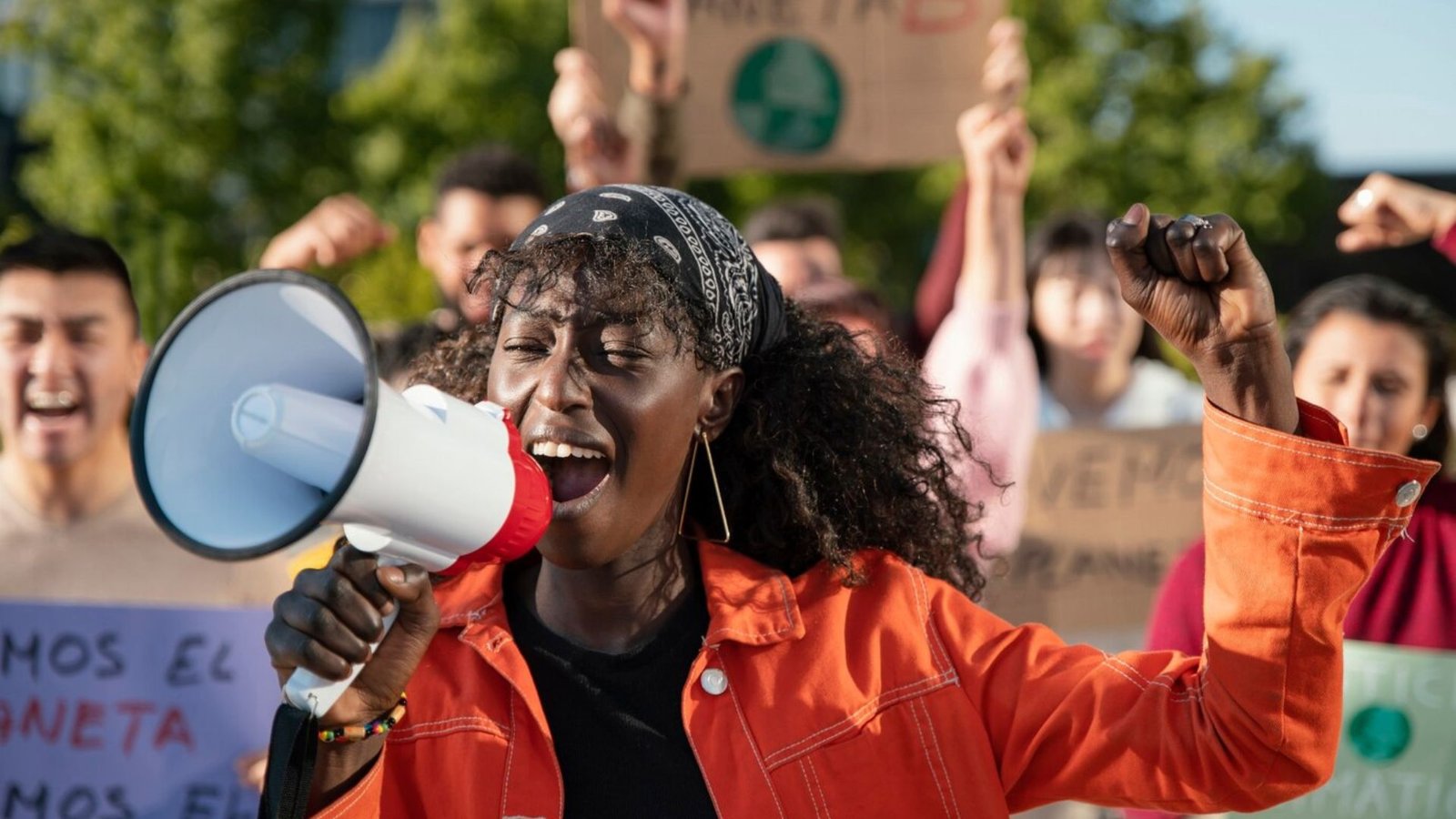|
Getting your Trinity Audio player ready...
|
In a world brimming with diversity, the pressing challenge of combating undercurrents of bias is ever-present. Unconscious biases, deeply ingrained within us, subtly infiltrate myriad aspects of our lives, influencing decision-making processes and shaping the dynamics of interpersonal relationships. Recognizing and actively addressing these biases are imperative steps toward fostering fairness, equality, and the cultivation of a genuinely inclusive society. These biases, often operating beneath the surface of our conscious awareness, have the potential to permeate various societal structures, hindering the realization of a truly equitable environment. To forge a path toward a more inclusive society, it is essential to delve into the core of these biases and undertake concerted efforts to mitigate their impact. By fostering awareness, challenging ingrained stereotypes, and actively promoting diversity, we pave the way for a future where fairness prevails, and every individual is afforded equal opportunities and respect in our diverse and interconnected world.

Understanding Unconscious Bias
Furthermore, unconscious bias also referred to as implicit bias, encompasses the automatic associations and attitudes we harbor about specific groups of people. These biases operate surreptitiously beneath our conscious awareness, exerting influence over our perceptions and actions. In doing so, they have the potential to perpetuate stereotypes and contribute to unfair treatment. The critical initial step in navigating the intricate waters of bias lies in acknowledging their existence. By recognizing and understanding the presence of these biases, individuals can embark on a journey of self-awareness. Additional, individuals actively work towards dismantling preconceived notions. This acknowledgment establishes the stage for individuals to empower themselves in challenging bias, promoting diversity, and fostering an environment of mutual respect and understanding within a more inclusive and equitable society.
Tackling Bias in Professional Settings
In the workplace, biases can insidiously manifest in critical areas such as hiring decisions, performance evaluations, and opportunities for advancement. Effectively combatting bias necessitates a comprehensive approach, incorporating elements like awareness training to illuminate unconscious biases, implementing diverse hiring practices to ensure equitable representation, and establishing transparent processes for decision-making. Creating an organizational environment that not only acknowledges but actively encourages open dialogue about bias is paramount. Such a culture of open communication fosters accountability among employees and leadership alike, paving the way for continuous improvement. By addressing biases head-on and fostering an inclusive workplace culture, organizations can enhance fairness, promote diversity, and create a conducive atmosphere for the professional growth and development of all individuals, irrespective of background or identity.
Education as a Beacon: Shaping Inclusive Minds
Addressing bias is particularly vital in educational settings, where the foundations of young minds are shaped. To create an inclusive environment, it is essential to incorporate diverse perspectives into curricula, ensuring that students are exposed to a broad range of experiences and cultures. Promoting inclusivity in classroom discussions further reinforces the value of diversity, fostering a climate where students learn to appreciate differences and challenge stereotypes. Implementing bias-awareness programs enhances the educational experience, equipping students with the tools to recognize and confront biases. These proactive measures not only cultivate a more inclusive learning environment but also empower students to become critical thinkers, capable of contributing to a future society that embraces diversity and strives for equity.
Shaping Narratives through Media
Media plays a pivotal role in shaping societal perceptions as journalists and content creators wield the power to influence public opinion. By actively promoting diversity in storytelling and challenging entrenched stereotypes, media professionals become key contributors to dismantling biased narratives. Initiatives aimed at enhancing media literacy empower audiences to critically engage with content. Henceforth, cultivating the ability to discern between fair representation and the perpetuation of bias. By fostering a media landscape that embraces diverse perspectives, the industry not only reflects the richness of society but also actively contributes to the breakdown of stereotypes, fostering a more informed and inclusive public discourse.
Legal Frameworks: Safeguarding Against Discrimination
Legal systems play a pivotal role in safeguarding against bias and discrimination through the implementation of anti-discrimination laws, equal opportunity regulations, and affirmative action policies. These mechanisms aim to level the playing field and promote equity. However, their effectiveness hinges on robust enforcement and ongoing efforts to address emerging forms of bias. Striking a balance between the creation of comprehensive legal frameworks and the vigilant adaptation to evolving societal dynamics ensures that legal systems remain responsive and effective in combating bias. Moreover, fostering an environment where individuals are protected from discrimination and afforded equal opportunities, regardless of their background or identity.
The Grassroots Battle against Bias
At the grassroots level, community engagement becomes pivotal in the battle against bias. Initiatives fostering cross-cultural understanding, promoting open dialogue, and encouraging empathy play a crucial role in dismantling stereotypes and forging more cohesive communities. These grassroots efforts possess transformative power, creating ripples of change that extend well beyond individual interactions. By fostering understanding and unity within communities, such initiatives contribute significantly to building a more inclusive and tolerant society. More so, individuals from diverse backgrounds can coexist harmoniously, bridging gaps and fostering a sense of shared humanity.
The Power of Self-Reflection
On a personal level, combating bias begins with self-reflection. Individuals must actively examine their beliefs, attitudes, and behaviors. Engaging in open conversations and challenging one’s assumptions are crucial steps toward fostering a mindset of fairness.
Conclusion
In conclusion, battling the undercurrents of bias requires a concerted effort from individuals, communities, institutions, and leaders. It involves a commitment to self-awareness, continuous education, and the dismantling of systemic barriers. By collectively navigating the waters of bias, we can chart a course towards a more equitable and inclusive world. Additionally, where fairness becomes the prevailing current shaping our shared humanity.
You may also be interested in:
- Human rights laws
- Fighting inequality with human rights
- Human Rights Role in Development and Democracy
- Champions of Justice- A Tribute to Human Rights Activist

